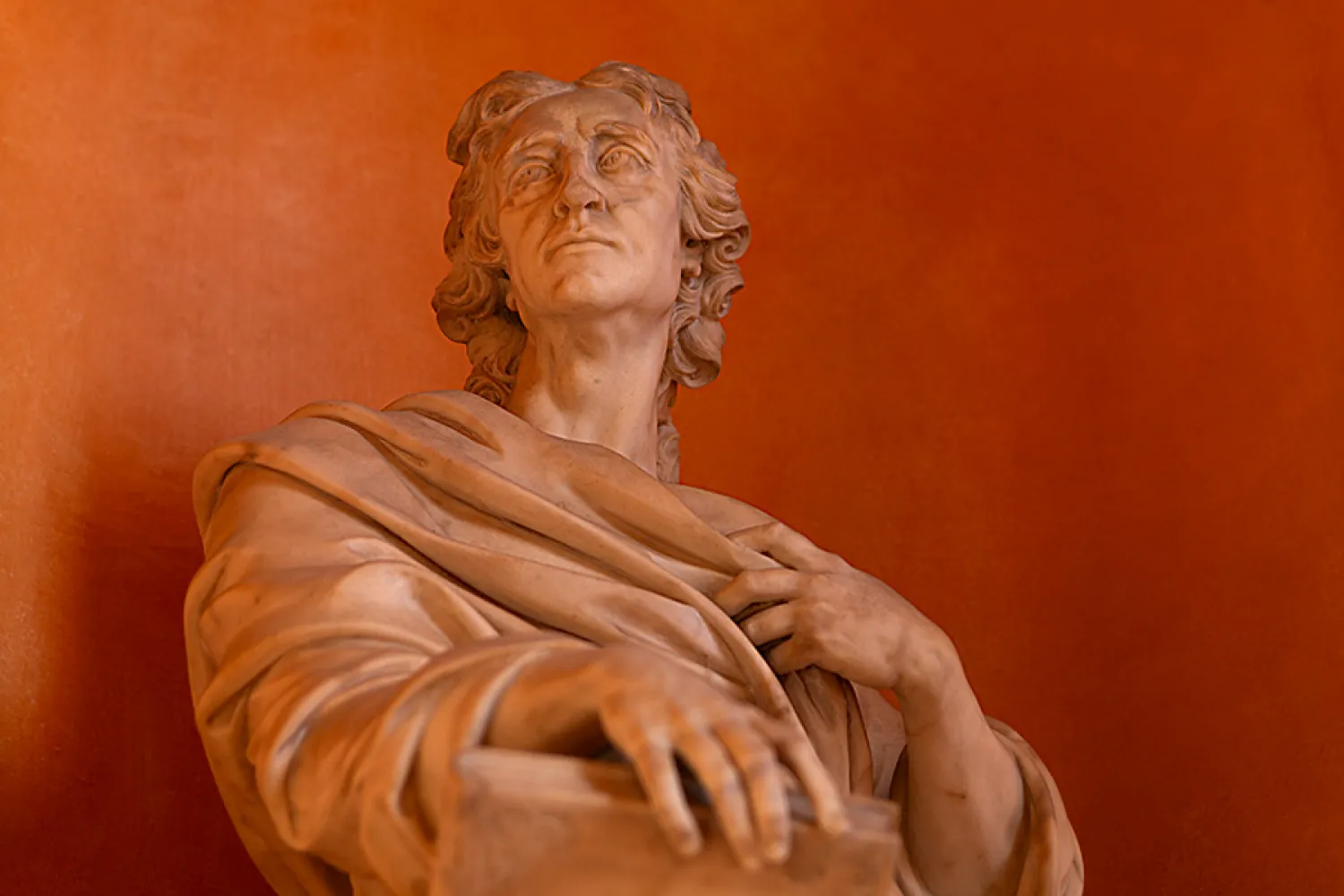Breadcrumb
"To love truth for truth's sake": John Locke and Christ Church
The philosopher and political theorist John Locke (1632–1704) is known for his Two Treatises of Government, which became a foundational text for modern western democracy. His other hugely influential texts included the Essay Concerning Human Understanding, which provided philosophical grounds for the scientific revolution, and A Letter Concerning Toleration, which influenced James Madison’s thinking on the separation of church and state in his work on the US constitution.
In May 1652, John Locke was elected to a Studentship at Christ Church, conditionally tenable for life. During the next fifteen years at Oxford, Locke took his degrees (B.A. 1656, M.A. 1658) and fulfilled various college offices. While Censor of Moral Philosophy at Christ Church in 1664 Locke completed the Latin manuscript now known as Essays [or Questions] on the Law of Nature. In November 1684 Locke was expelled by direct royal command from his studentship at Christ Church due to suspected involvement in the Rye House Plot.
This special exhibition brings together foundational philosophical works by Locke and others in his circle and provides a picture of the political, intellectual and scientific landscapes of the time. Also on display is the Royal Order for the expulsion of Locke from Christ Church and John Locke's desk, made to his specifications in the late 17th century and the repository of many of his papers.
Dates: 29 October 2025 to 14 January 2026. (Closed 24 and 31 December.)
Opening times: Wednesday 1 – 4pm; other times by appointment. Please email library@chch.ox.ac.uk to book a visit.
Venue: Christ Church Upper Library. Please note that there is no step-free access.
Entry: Admission is free.


